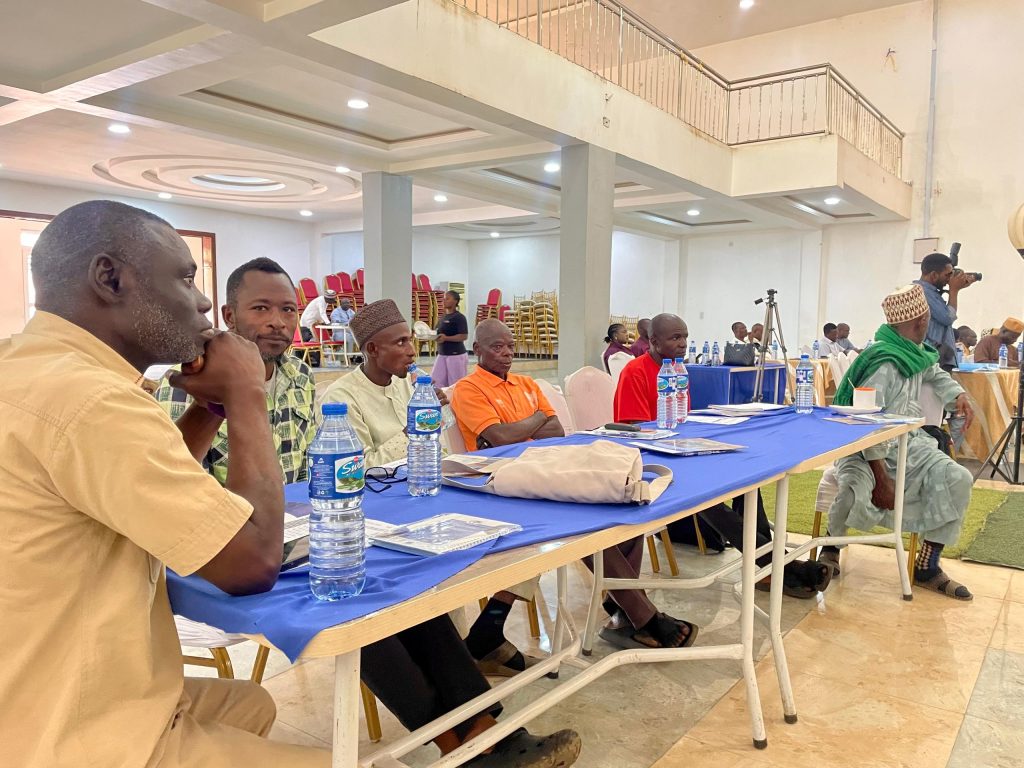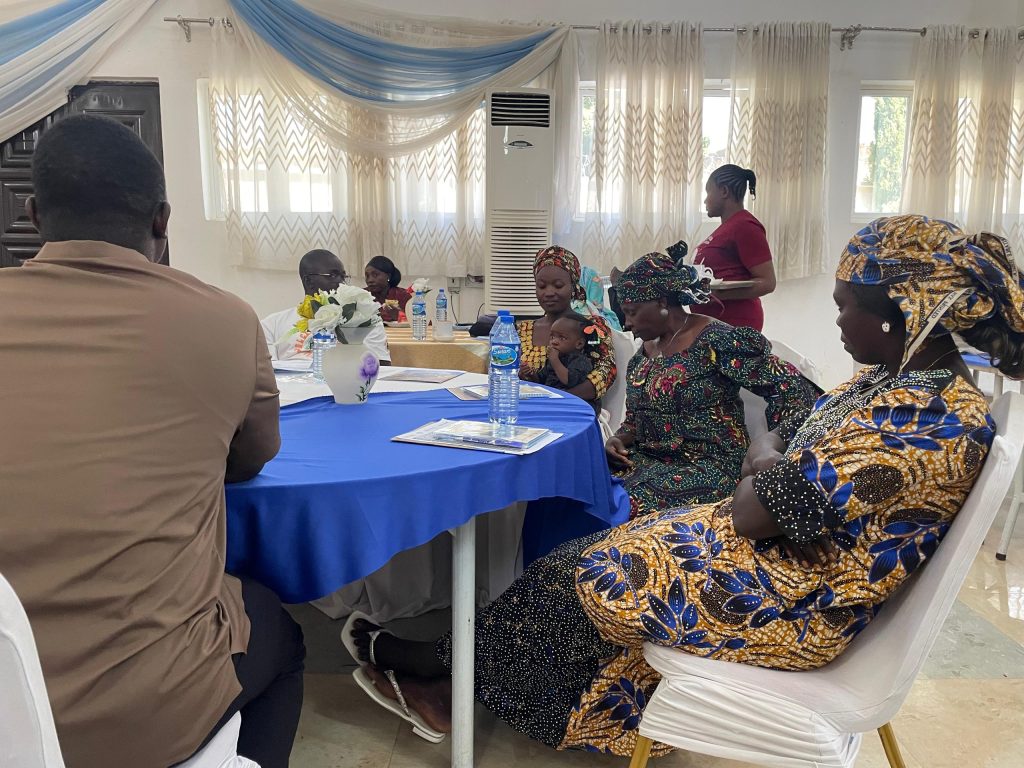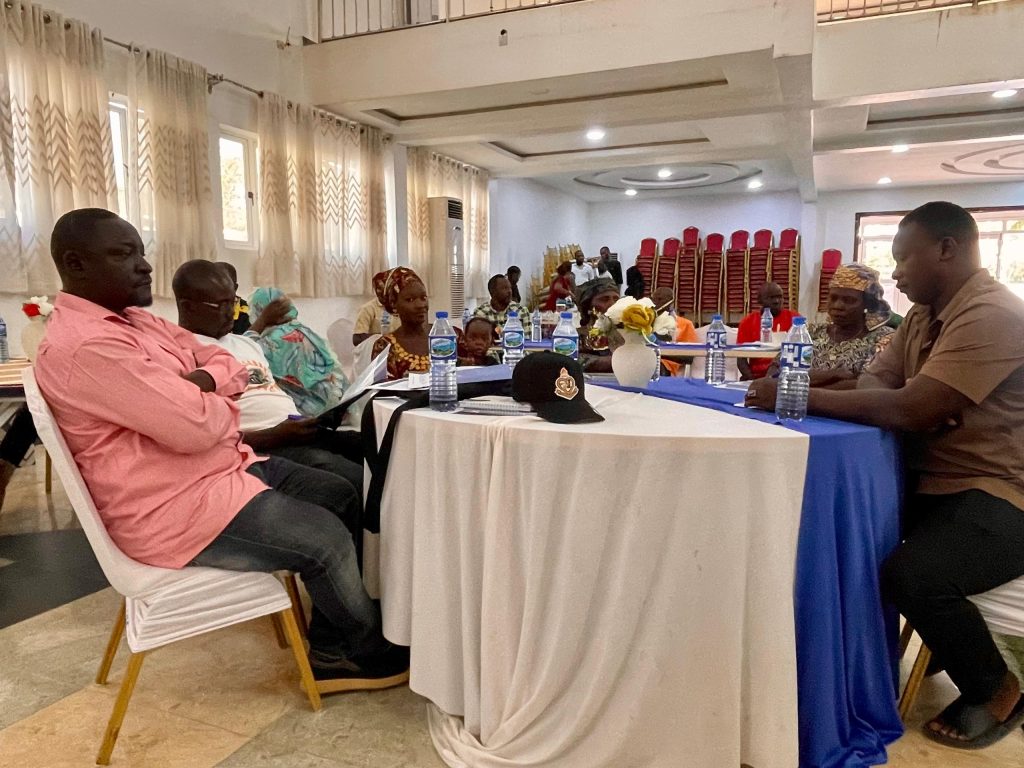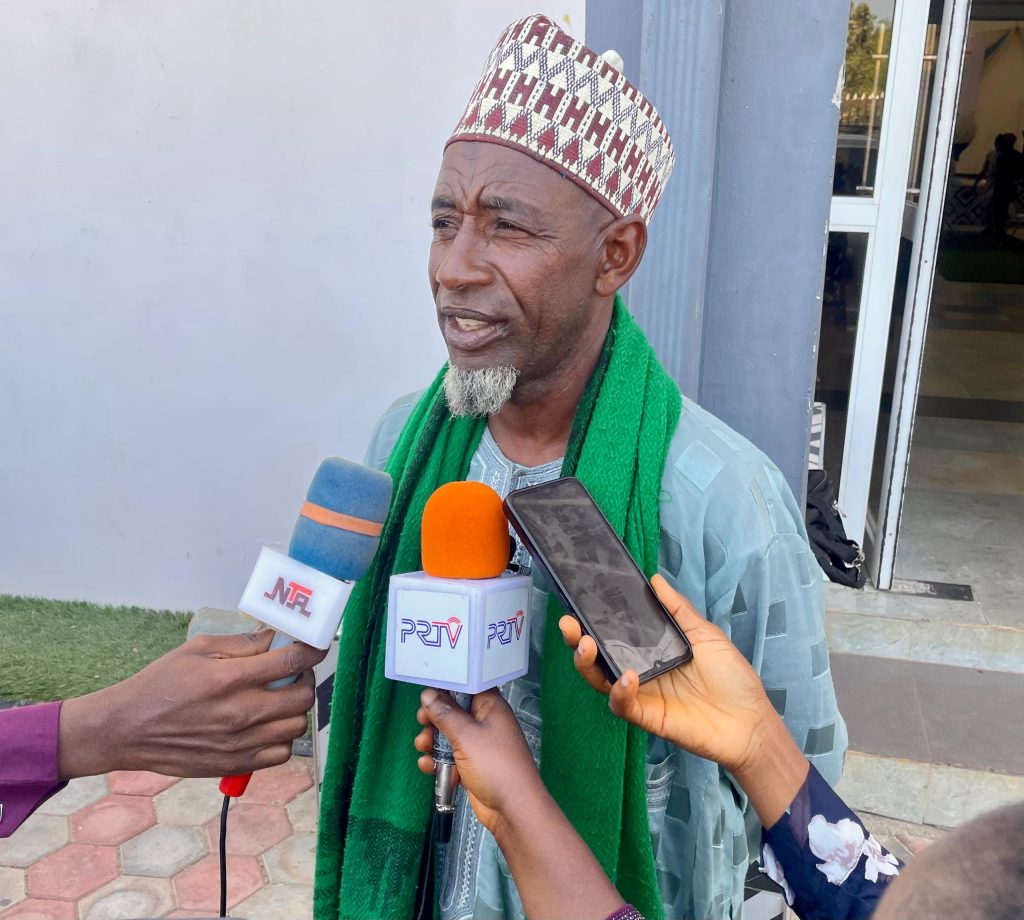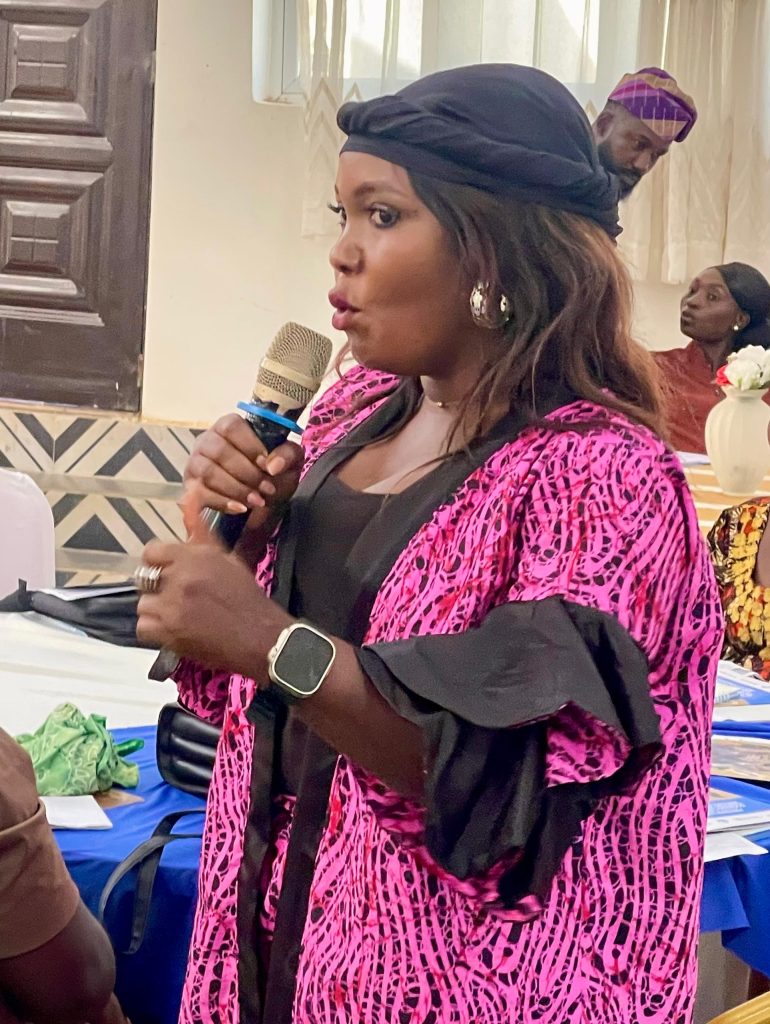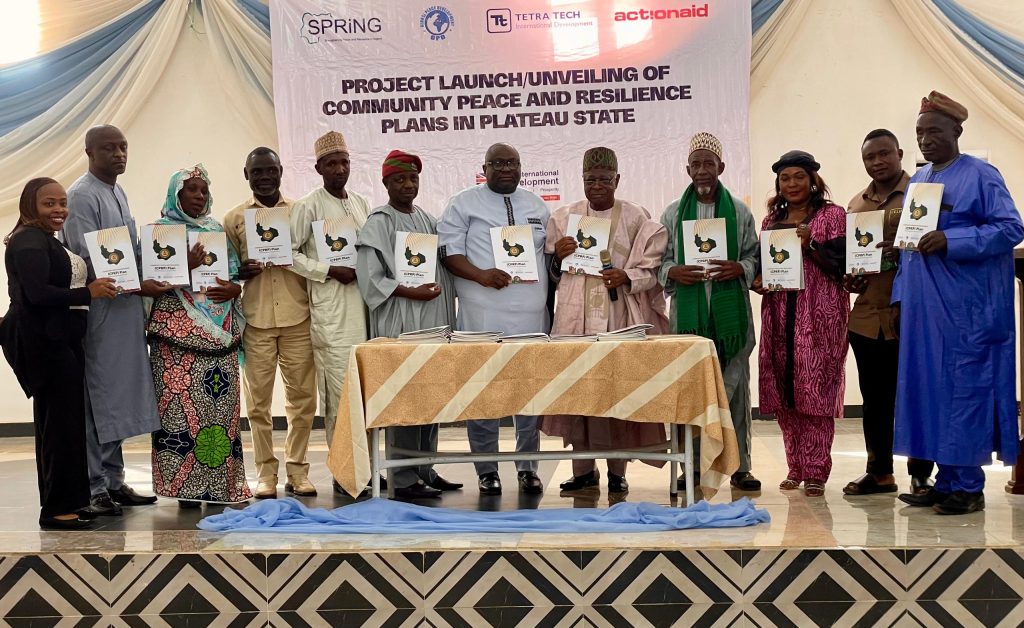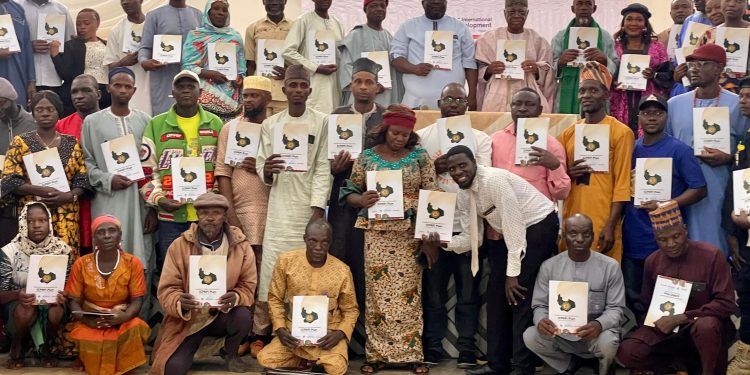Global Peace Development (GPD) on Wednesday, November 19, 2025, officially launched the Promoting Agropastoralism Reconciliation and Resilience for Sustainable Livelihood and Peace (PARSULP) Project at Vila Grande, Gold and Base, Rayfield, Jos. The event brought together stakeholders from affected communities, government agencies, development partners, and the media to unveil a comprehensive intervention aimed at strengthening peaceful coexistence between farmers and herders across four states.
The PARSULP project seeks to rebuild trust, promote sustainable livelihood practices, and enhance climate-resilient food systems through community-centered strategies. Spanning 45 wards across Plateau, Benue, Kaduna, and Katsina States, the project focuses on conflict transformation, women empowerment, climate-smart agriculture, forest protection advocacy, and the development of 42 Community Peace and Resilience Plans (CPRPs). The launch signals the beginning of targeted engagements in Riyom communities, addressing the root causes of agropastoral conflicts through dialogue, training, policy engagements, and reconciliation forums.
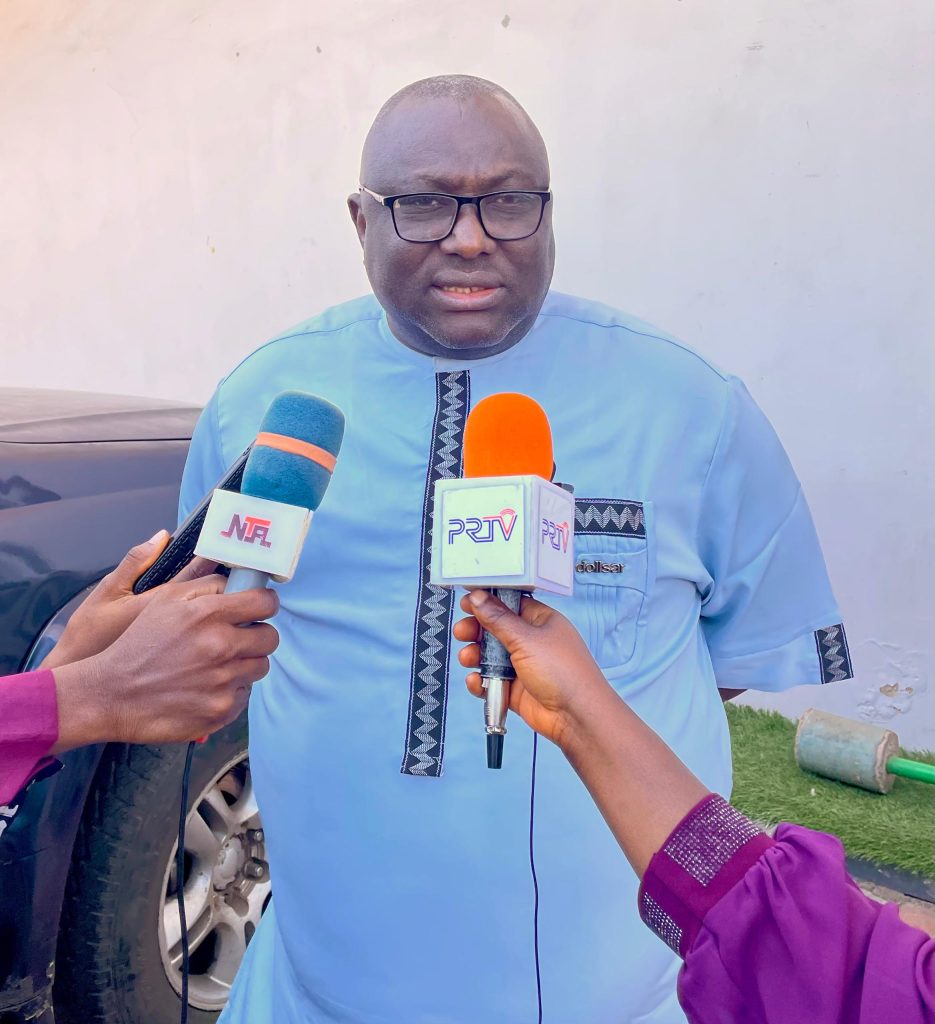
Ebruke O. Esike, Executive Director of Global Peace Development, welcomed stakeholders to the launch, underscoring the project’s significance in tackling longstanding conflicts between farmers and herders in northern and central Nigeria. He explained that increasing competition over land and water has displaced thousands, eroded social cohesion, and deepened poverty.
Esike highlighted the project’s funding support from Tetra Tech/UKAID and its implementation in partnership with ActionAid Nigeria. He emphasized that PARSULP will deepen reconciliation through inclusive dialogue, agro-pastoral and agroforestry initiatives, and strong policy advocacy. The development of Community Peace and Resilience Plans, he noted, is central to rebuilding trust, reinforcing local peace structures, and fostering sustainable livelihoods.
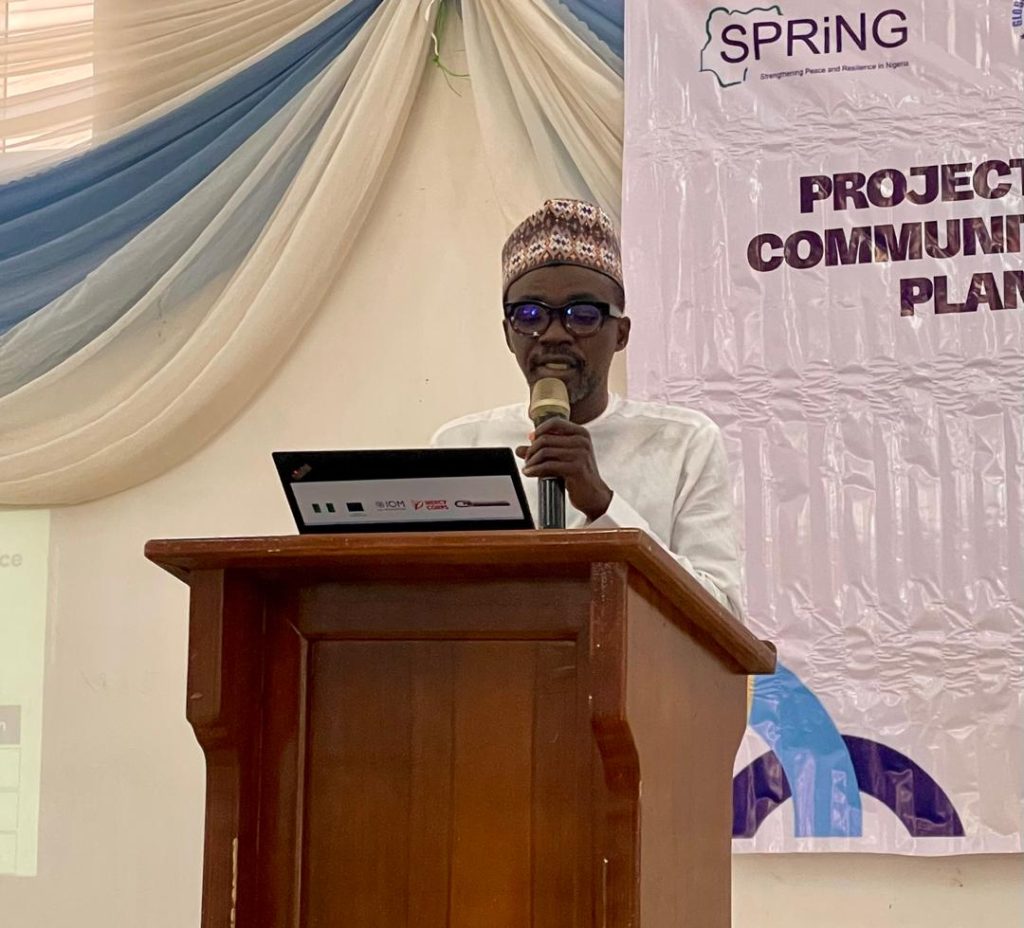
Project Manager, Danjuma Mohammed appreciated stakeholders for their commitment, describing Riyom as a crucial entry point because of its history of persistent conflict. He stressed that PARSULP’s success depends on community ownership and active participation. Danjuma explained that the project is designed not only to address conflict triggers but to rebuild economically vulnerable households, ensuring long-term stability and peaceful coexistence.
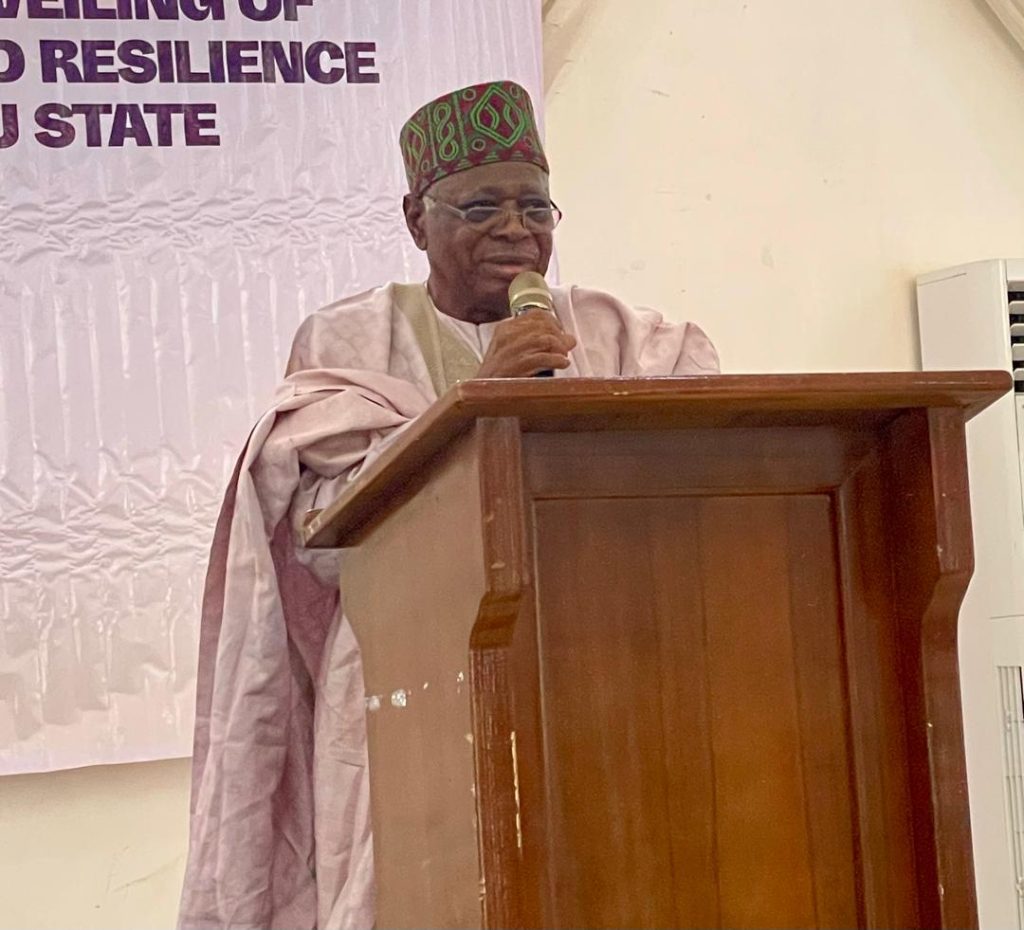
HRH Samuel Jok, District Head of Riyom, expressed delight at the PARSULP launch, emphasizing that lasting peace depends on community commitment rather than security agencies alone. He urged stakeholders to embrace dialogue, cooperation, and reconciliation, highlighting that peace is essential for development, security, and the prosperity of Plateau’s communities.
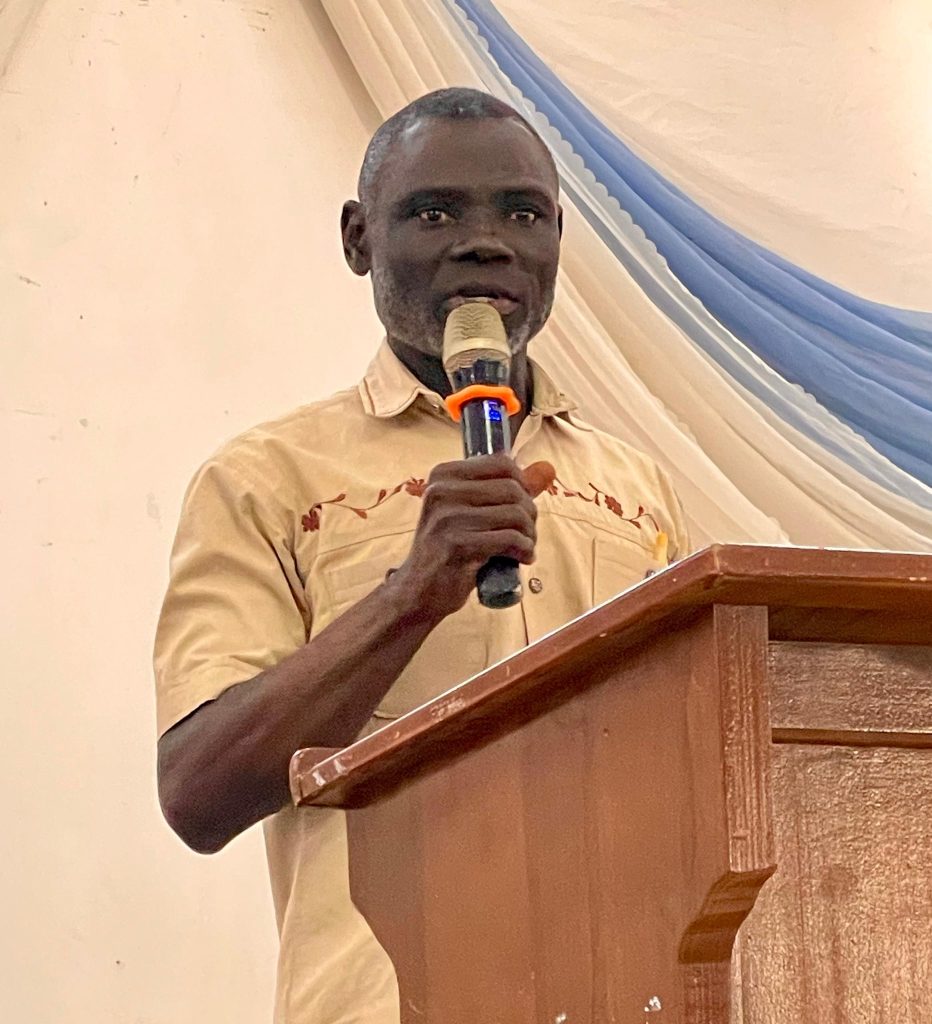
Rwang Markus Pam, representing the Plateau State Commissioner for Agriculture, praised the PARSULP initiative, noting agriculture’s vital role in both crop and livestock production. He emphasized the mutual benefits of cooperation between farmers and herders, urging stakeholders to reflect on past mistakes, rebuild trust, and harness shared opportunities for peace and sustainable growth.
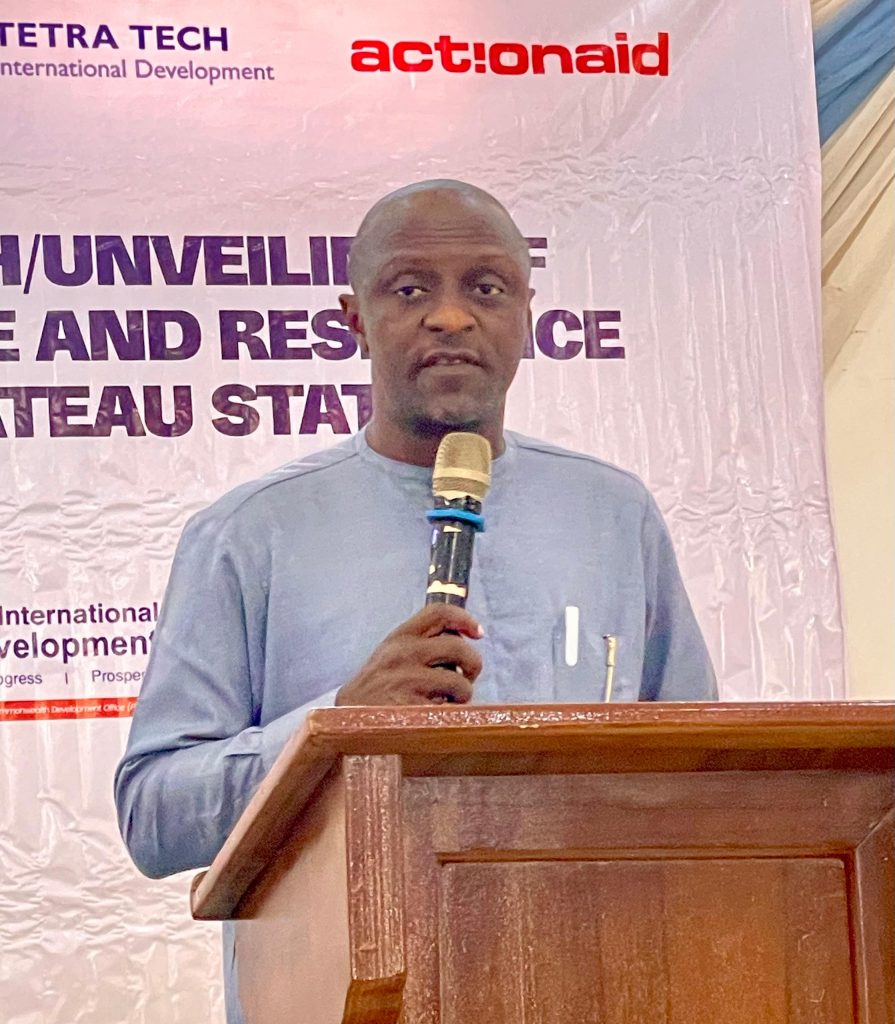
Kenneth Dakup, representing the Director General of the Plateau Peace Building Agency, delivered warm goodwill remarks on behalf of the agency. He commended GPD and partners for initiating a project that aligns with the agency’s humanitarian–development–peace (HDP) nexus. He emphasized that the agency prioritizes human dignity, especially for displaced persons and victims of violent attacks. Dakup encouraged the project team to collaborate with local institutions and leverage existing climate-smart and peacebuilding expertise to achieve project objectives.
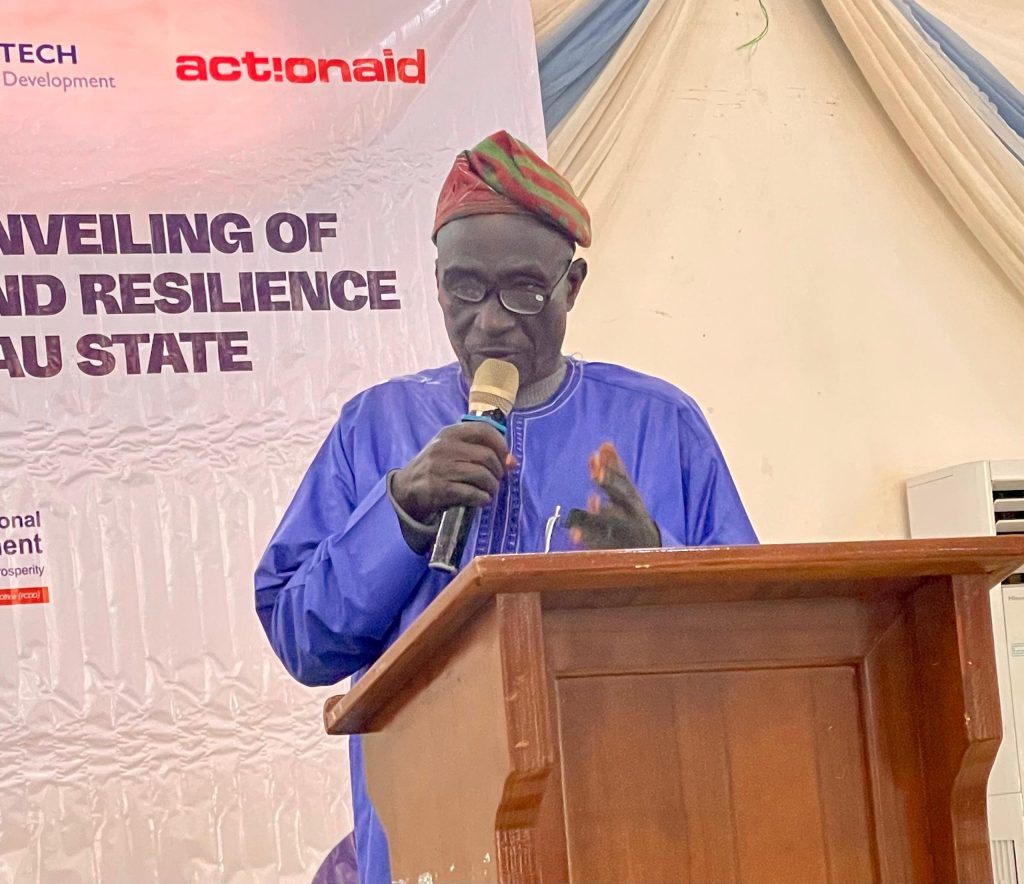
Village Head of Riyom, Joshua Dong Kuron, welcomed the project and described it as timely and unprecedented. He noted that Riyom has faced severe destruction and displacement over the years, and urged the implementing partners to address the issues holistically while assuring full community cooperation.
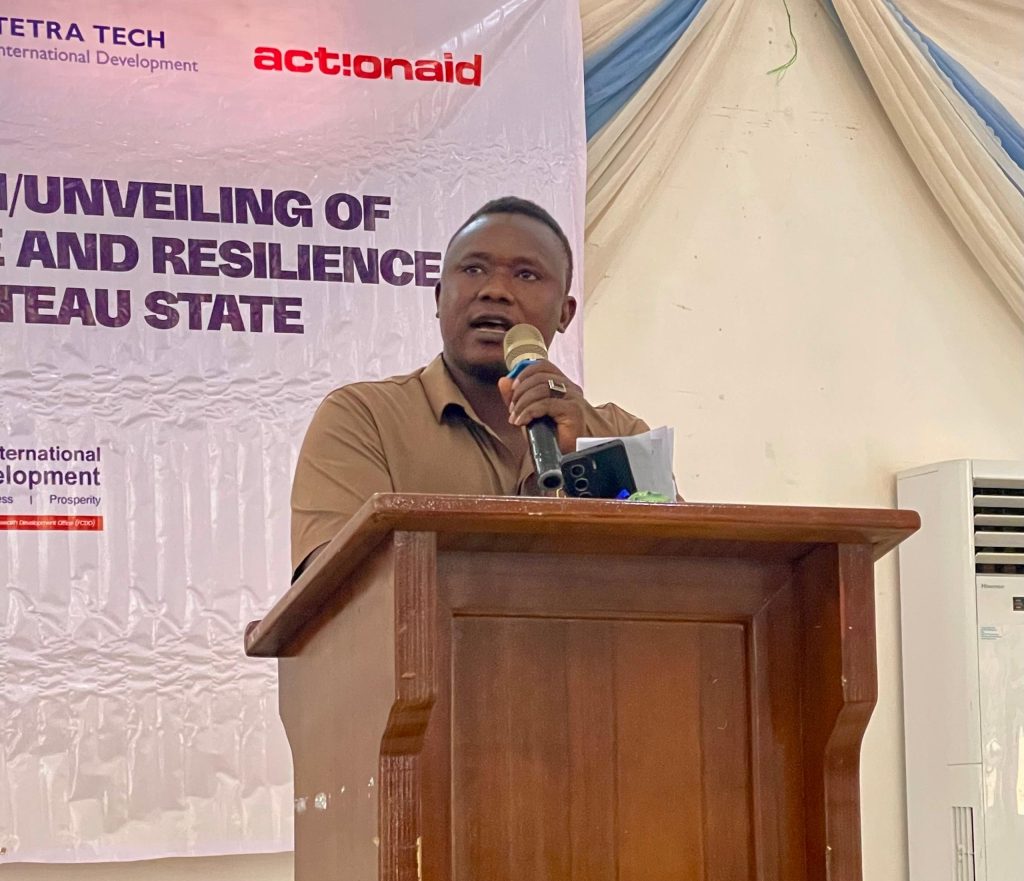
Hon. Wyclife T. Wanson, Councillor of Riyom Ward, expressed deep appreciation for the focus on local development and peace. He pledged total support from the council and appealed to farmers, herders, youth, and elders to embrace reconciliation and commit to building lasting peace.
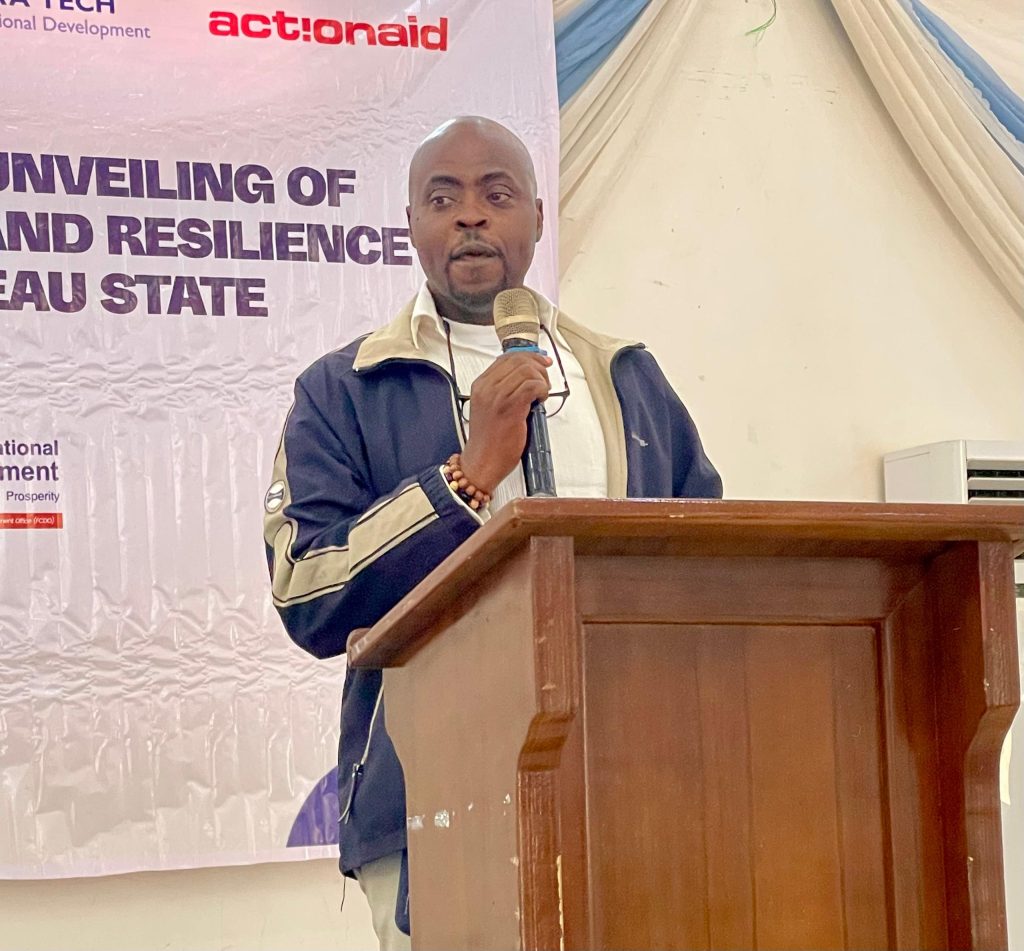
Nanman Bali, President of Plateau Peace Practitioners Network (PPPN), hailed the initiative, calling for stronger coordination and cooperation among communities. He assured that PPPN will provide maximum support and is open to partnering further to promote a peaceful Plateau.
A lively Q&A session followed, with stakeholders seeking clarifications on project implementation phases, community roles, expected impact, and sustainability measures. The project team responded comprehensively and reaffirmed their commitment to inclusiveness and accountability.
The official launch ceremony formally activated the PARSULP project in Riyom communities. The moment symbolized renewed hope, strengthened collaboration, and the beginning of transformative interventions that will improve relationships and livelihoods.
The ceremony ended with stakeholders expressing confidence that the PARSULP project will significantly advance peacebuilding, community resilience, and sustainable development across Plateau State and beyond. With Riyom as the starting point, the initiative is set to drive meaningful change and long-term social cohesion in the months and years ahead.
